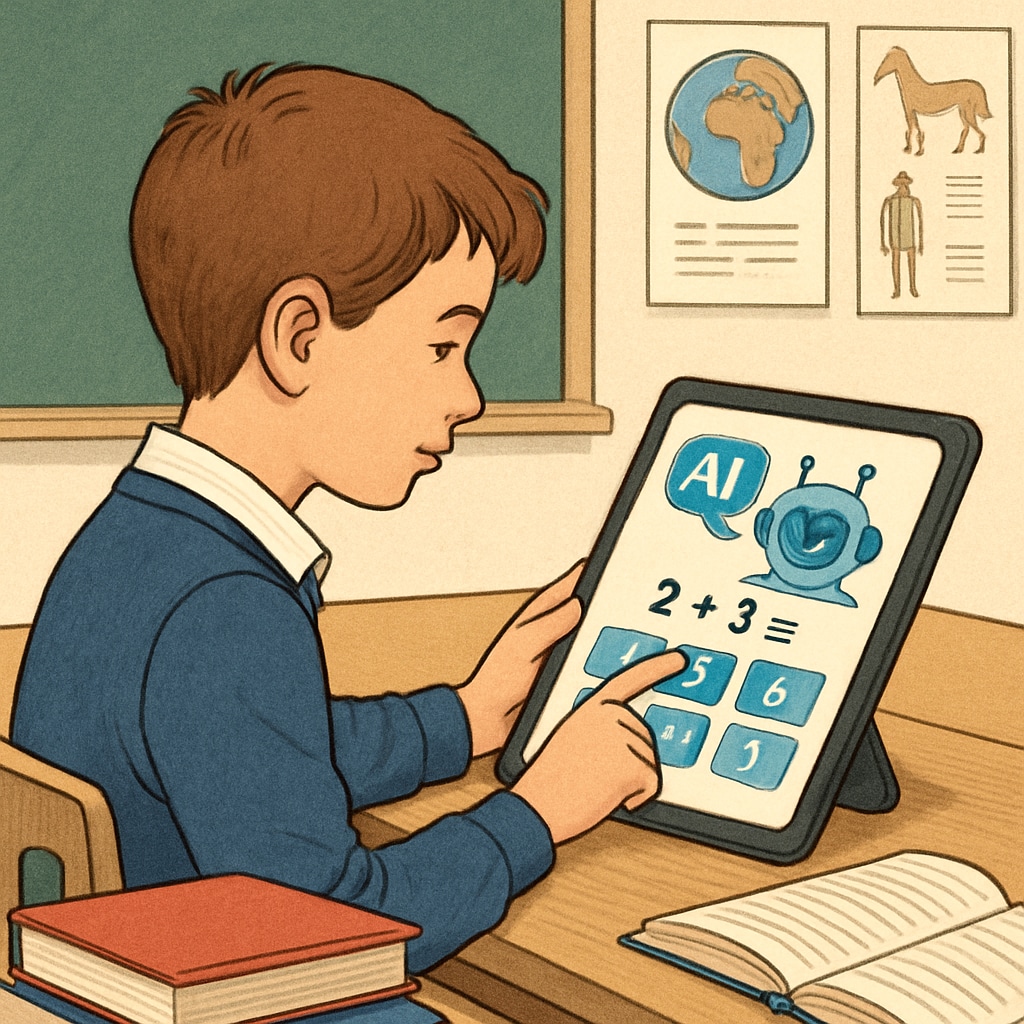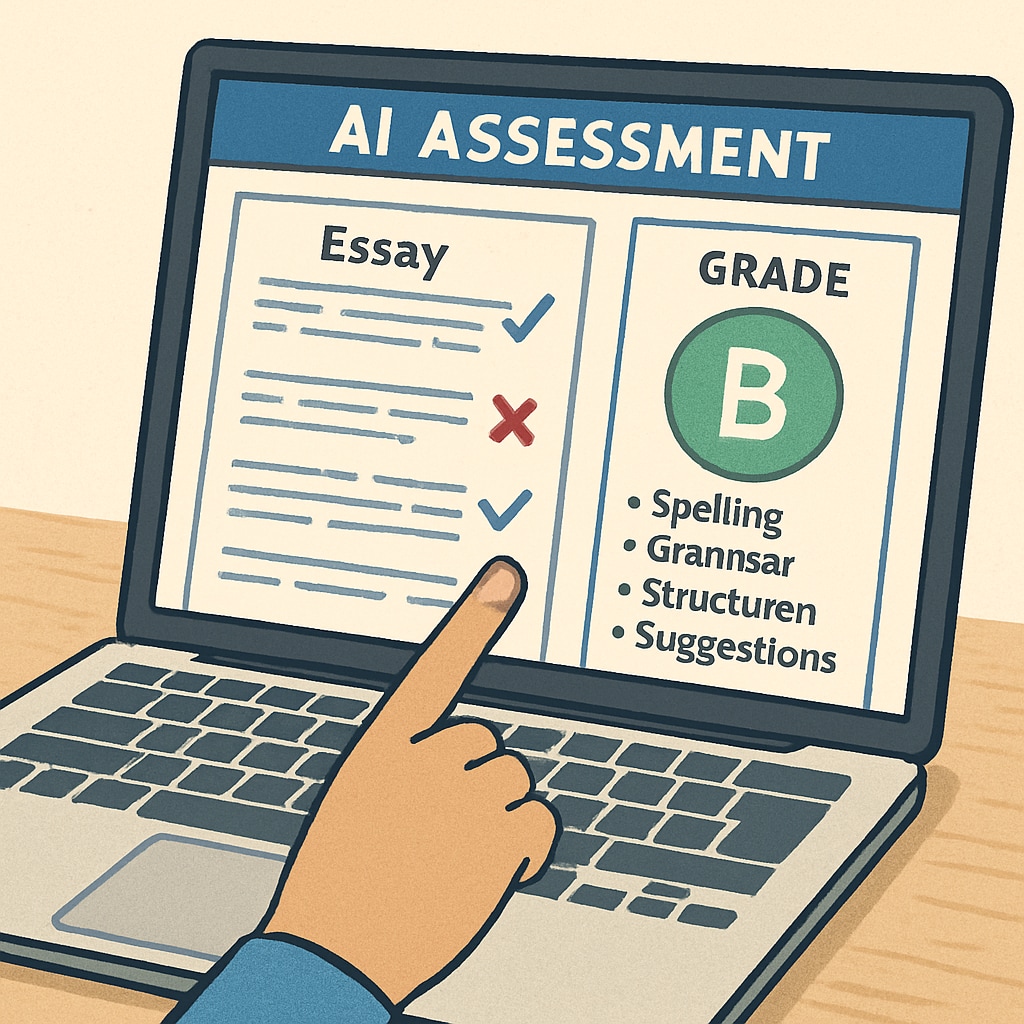Artificial intelligence, education, and future impact are converging to shape the classrooms of tomorrow. As AI continues to advance, its integration into K12 education systems is poised to revolutionize learning environments. Over the next 5-10 years, we can expect AI to transform how students learn, how teachers instruct, and how assessments are conducted. This article examines the key areas where AI is set to make an impact and offers insights into how educators can proactively embrace this transformation.
Personalized Learning: Tailoring Education to Individual Needs
One of the most significant contributions AI is bringing to education is personalized learning. AI-powered platforms can analyze individual student performance, identify strengths and weaknesses, and create customized curricula tailored to their unique needs. For example, adaptive learning systems like DreamBox and Khan Academy use machine learning algorithms to adjust the difficulty of lessons in real-time, ensuring students remain engaged while progressing at their own pace.
In addition to academic benefits, personalized learning also fosters greater engagement. By catering to the diverse learning styles of students—visual, auditory, or kinesthetic—AI ensures that every student has access to an education that resonates with them. This level of customization was previously unimaginable in traditional classroom settings, where teachers often struggled to meet the needs of large, diverse groups.

Redefining the Role of Teachers in AI-Powered Classrooms
While some fear that AI will replace teachers, the reality is that it will redefine their roles rather than eliminate them. AI can handle repetitive tasks such as grading assignments, tracking attendance, and even providing real-time feedback on student performance. This allows teachers to focus on more meaningful aspects of their profession, such as mentoring, fostering creativity, and addressing emotional and social development.
Moreover, AI can serve as a collaborative tool for teachers. For instance, platforms like ScribeSense and Gradescope streamline grading processes, enabling educators to allocate more time to lesson planning and student interaction. By leveraging AI, teachers can enhance their efficiency and effectiveness, ultimately improving the quality of education delivered.
AI and the Future of Assessments
Traditional assessment methods often fall short in accurately measuring a student’s capabilities. AI is set to revolutionize this by introducing more dynamic and comprehensive evaluation systems. Through natural language processing and machine learning, AI can assess not just what students know, but how they think, solve problems, and apply knowledge in real-world scenarios.
For example, AI can analyze written essays for not only grammar and structure but also for reasoning, coherence, and creativity. Additionally, AI-driven simulations can evaluate practical skills in subjects like science and engineering, offering students a chance to demonstrate their abilities in a hands-on manner. As a result, assessments will become more holistic, providing educators with a clearer picture of student progress.

Challenges and Opportunities for Educators
The integration of AI into education is not without its challenges. Issues such as data privacy, the digital divide, and the need for teacher training must be addressed to ensure equitable access and effective implementation. For instance, schools in underserved areas may struggle to adopt AI technologies due to limited resources, exacerbating existing educational inequalities.
However, these challenges also present opportunities for innovation. Governments, tech companies, and educational institutions must collaborate to develop strategies that ensure AI benefits all students, regardless of their socio-economic backgrounds. Training programs for teachers will also be crucial, equipping them with the skills needed to harness AI tools effectively.
As educators adapt to this new landscape, they must remain open to continuous learning. Staying informed about emerging technologies and best practices will enable them to create classrooms that are not only technologically advanced but also inclusive and student-focused.
In conclusion, the potential of artificial intelligence, education, and future impact is immense. By embracing AI, the next decade could see K12 education transformed into a more personalized, efficient, and inclusive system. The key lies in collaboration and adaptability, ensuring that AI serves as a tool to empower both teachers and students in their educational journeys.
Readability guidance: This article uses short paragraphs, lists, and transitions to maintain clarity. Technical terms are explained briefly, and passive voice is minimized to ensure accessibility for a broad audience.


